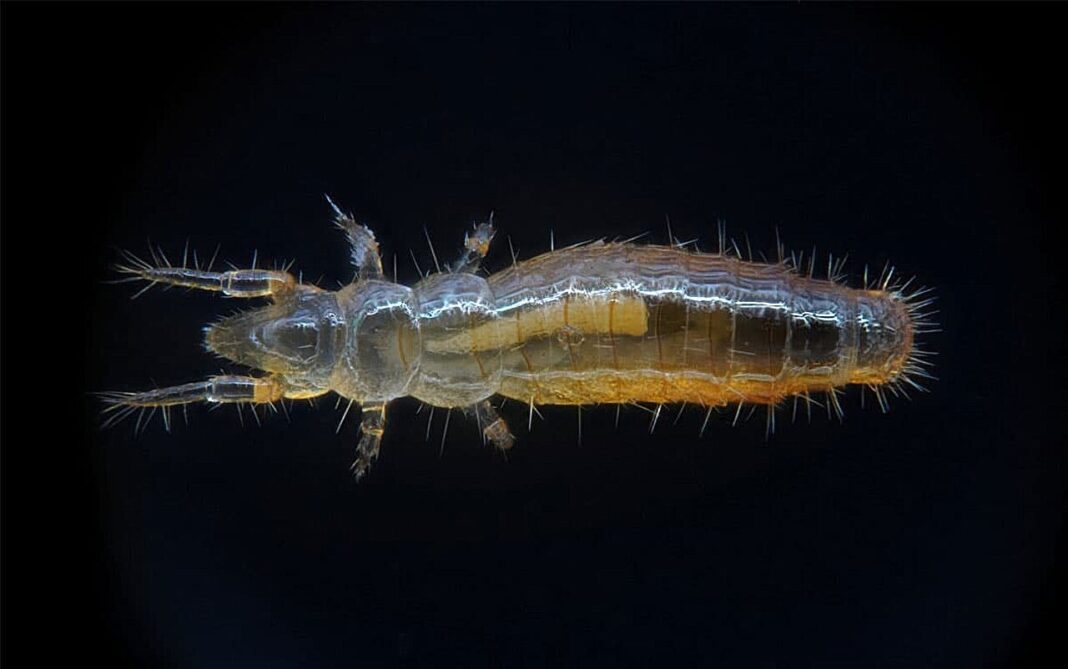The early lineages of hexapods (broadly defined insects) have long been debated. Researchers at University of Tsukuba and collaborators critically examined the newly proposed “Protura-sister” phylogenetic hypothesis. This analysis revealed a fundamental flaw in the hypothesis, reinforcing the validity of the previously established “Ellipura” hypothesis.
The work is published in the journal Proceedings of the National Academy of Sciences.
Hexapods, which make up 75% of all animal species, have been a focus of evolutionary debate for over a century. No consensus has been reached on the phylogenetic relationships among the four earliest lineages: Protura, Collembola, Diplura, and Insecta, the latter including all hexapods except the first three groups.
To clarify these relationships, researchers have conducted large-scale molecular phylogenetic analyses using extensive gene sequence datasets. These studies have supported the “Ellipura” hypothesis, which proposes the grouping [Ellipura (= Protura + Collembola) + (Diplura + Insecta)], as the most widely accepted theory.
However, the alternative “Protura-sister” hypothesis (Protura + [(Collembola + Diplura) + Insecta]) has emerged based on molecular phylogenetic analysis and garnered substantial attention. By examining the non-nucleotide sequence data used to support this hypothesis, researchers identified critical errors resulting from misinterpretation and insufficient analysis.
More information:
Ryuichiro Machida et al, Embryology cannot establish the “Protura-sister,” Proceedings of the National Academy of Sciences (2025). DOI: 10.1073/pnas.2423813122
Provided by
University of Tsukuba
Citation:
Analysis finds flaw in ‘Protura-sister’ hypothesis: Reassessing early hexapod phylogeny (2025, February 7)
retrieved 7 February 2025
from https://phys.org/news/2025-02-analysis-flaw-protura-sister-hypothesis.html
This document is subject to copyright. Apart from any fair dealing for the purpose of private study or research, no
part may be reproduced without the written permission. The content is provided for information purposes only.

